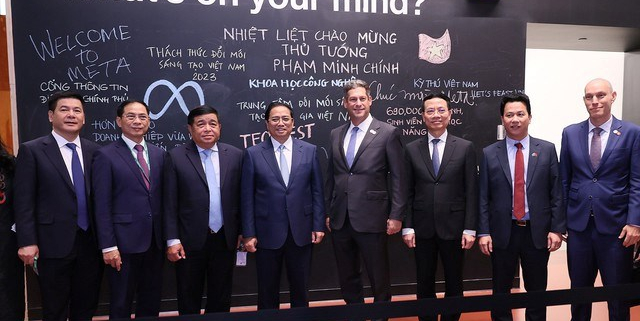An analysis of Vietnam’s Decree 147 on social media
Bangkok – February 18, 2025
Vietnam’s new social media decree, Decree 147, imposes extreme restrictions on users and platforms alike, said Project88 in a report published today. These restrictions are part of a new wave of repression in the country that the organization has documented.
An analysis of Decree 147 of social media describes the extraordinary effort that Hanoi exerting to control social media. The decree requires users to verify their accounts using a phone number or ID card, requires social media platforms to suspend users and remove content deemed illegal, and prevents social media users from engaging in independent journalism. In what appears to be an attempt to deputize ordinary people as censors, the decree also mandates that users can make their own content removal requests directly to social media companies.
According to Hanoi, Decree 147 was needed to:
- Limit the influence of content spread on foreign social media platforms.
- Ensure that people cannot use social media anonymously.
- Prevent social media users from engaging in citizen journalism.
- Increase the responsibilities of social media platforms to monitor their users.
While the decree has now taken effect, it remains to be seen to how strictly Hanoi will enforce it and to what extent foreign tech companies will comply with it. Tech insiders have revealed to Project88 that compliance strategies are still being developed, which presents an opportunity for people to advocate with Meta, Google, TikTok, and X to not comply with aspects of the decree that violate human rights.
“In the last few years Hanoi has imprisoned or forced into exile the country’s most prominent independent journalists, reformers, human rights activists, and dissidents. This has had a chilling effect that encourages people to engage in self-censorship. By preventing people from using social media anonymously and by deputizing ordinary citizens to act as cyber police, Decree 147 seeks to turn this chilling effect into an icy stranglehold on political speech”, said Ben Swanton, Co-director of Project88.
Vietnam has long maintained tight restrictions on freedom of expression. But Decree 147 is part of a broader effort by Hanoi to police the internet and crackdown on dissent. Despite the country’s professed commitment to uphold the right to free expression in its constitution and in human rights agreements it has ratified, Hanoi has instead intensified its efforts to suppress political speech. But Vietnamese who wish to speak critically about the government should not have to choose between silence and repression.
Download the report here.




